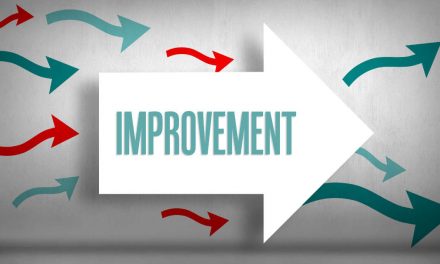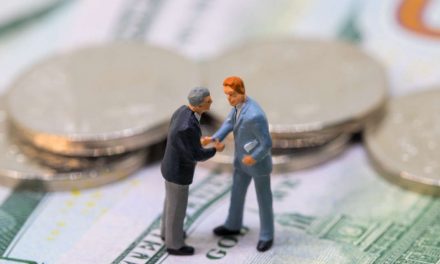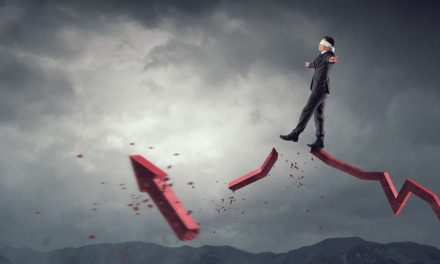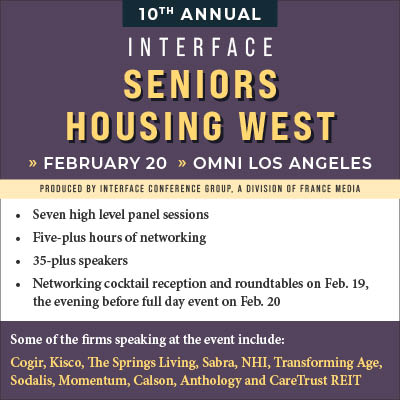By Jack Cumming
Early in my career, a wise business friend counseled me, “Money flows toward those who are generous and away from those who are miserly.” I’ve long pondered that. It’s also worked well for me. I think it follows from the simple truth that putting others first brings vast rewards.
Amazon Treads Backwards
I thought of that recently when I read a Wall Street Journal article about Amazon. We can use Amazon as a prime example of how and why businesses often thrive initially, then reach a plateau, and eventually decline. The same is true for senior living, but it’s easier to learn from the foibles of others. We’ll start with Amazon.
Amazon originated with a generous founder, Jeff Bezos, who put customer value first. He has now been succeeded by Andy Jassy, of whom the Journal writes: “Jassy … has a reputation as an operator laser-focused on profits.”
That’s a more miserly approach than Bezos’s generous calling to enhance the lives of customers. Although he may not have thought so himself, Bezos had a social purpose. If you lift humankind, then the benefit will flow back to lift you yourself. That worked for Bezos.
Andy Jassy has had the benefit of the goodwill created by Bezos, a giant among entrepreneurs. Amazon has continued to thrive despite the change at the top. Early indications, though, over recent months, suggest that the investing community may be catching on that Jassy’s Amazon is not the innovative enterprise that Amazon was.
Is Business Failure Inevitable?
Academic business scholars like to write of the business life cycle theory, which can be simplified to growth, maturity, and decline, parallel to the human life cycle of childhood, adulthood, and elderhood. Of course, that doesn’t have to be. An astute leader can revive a flagging business, and incompetence can quickly drive a thriving business to an early demise. We see examples of both in senior living and in many other economic sectors.
As I reflected on our Amazon example, I began to think that the difference might be that of Bezos’s outward vision to benefit others, versus a more corporate-minded, inward directed culture to benefit the center. Elon Musk, another example, speaks of saving the human species for posterity. Like Bezos, he’s subtly outward driven, and while he accumulates vast wealth, money hardly seems to be what drives him.
Is Senior Housing Safe?
Boeing is an example of a business that once thrived but no longer seems to be reliable or even trustworthy. This is a challenge that many senior living enterprises, though not all, face. Just as residents depend on the bona fides of senior housing operators, many travelers depend on the reliability of Boeing aircraft.
It is easier to see the speck in another’s eye than to see the greater encumbrance in your own. Since there aren’t many alternatives, we may hope that Boeing straightens itself out, but hope is not something that it’s best to bank on. Think now of your residents.
Elon Musk hasn’t been able to resist commenting on Boeing’s woes. Musk is one of the most successful technologists of our time, which gives him both credibility and clarity. Of Boeing, he wrote recently, “The CEO of an aircraft company should know how to design aircraft, not spreadsheets.” That’s clear enough. Perhaps we might think that the CEO of a senior living company should understand aging, not just real estate development, capital financing, and architectural fads.
Musk has also opined that a manager who isn’t master of the particular business is “like being a cavalry captain who can’t ride a horse!” Would the analog be a senior living officer who would never live in a senior community?
If the senior housing model appeals primarily to people who can no longer think or fend for themselves, perhaps it’s lost its way and becomes like flying on a Boeing aircraft when there’s no alternative. That’s risky and we ought to get it back on track.
Imagination
That brings us to that which most often differentiates founding entrepreneurs from their more conventional corporate successors. It can be summed up in that one word. “Imagination.”
Where Bezos was better able to play for the long term, and to convert customer impact (roughly 65% market share for Amazon smart speakers) into value both for consumers and for Amazon, Jassy appears to look for profits and shuts operations down rather than reconfiguring them for value.
That’s not uncommon just now. Charles Schwab & Co. is downsizing. Boeing, too, is beginning to shrink, as though that were a business plan. These examples make it look as though the business lifecycle academics are right.
Businesses, like people, can seem to wither, shrink, and die. But, a business is not human and need not suffer the same fate. Taking a more astute look at these “profit-enhancing” moves suggests that the stronger truth is the businesses that stray from an outward customer focus turn inward, look for self-interest, shrink, and decline into obscurity.
Value and Generosity
At the opening, I shared the maxim, “Money flows toward those who are generous and away from those who are miserly.” There is even social scientific evidence to show that to be true.
The culture of aggrandizement is counterproductive, and nowhere more than in the trust dependent business of senior living and senior housing. If we invert the usual pyramid of senior housing power to elevate residents and to enhance their lives, we may again find the mojo of community service with which so many successful senior living enterprises began.








